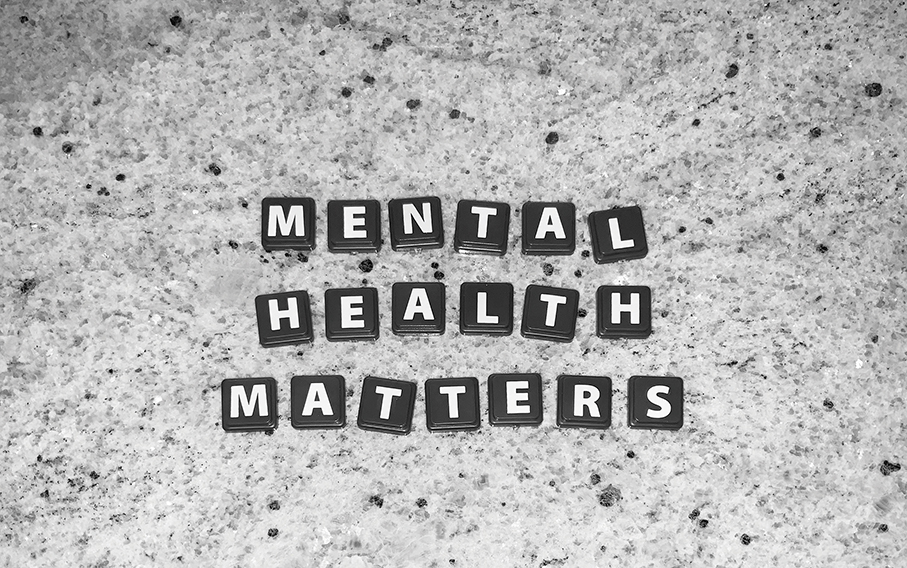Research by the San Francisco-based National Adolescent Health and Young Adult Health Information Centre (NAHIC) has concluded that one in five adolescents experience significant symptoms of emotional distress. Moreover, nearly one in 10 are emotionally impaired. The Four Aspects of Health suggest that we can be healthy in four ways — physical, energetical, spiritual and mental. Although it is mostly overseen, it shows that mental health is an important factor for our overall well-being, around 25 percent of it. For adolescents, achieving this may positively affect their happiness and love.
First of all, our happiness improves as our mental health improves. Richard Laylard’s book ‘Thrive: The Power of Psychological Therapy’ describes the agony of poor mental health, stating that mental pain is as real as physical pain, and it is experienced in the same areas of the brain as physical pain which is often more disabling. In other words, if we suffer from poor mental health, we are less happy due to the fact we carry this pain (which is very much like physical pain), and our ability to function normally is taken away. Some may disagree that mental stability is not a core barrier for us being happy as circumstances play a part in unhappiness. However, if we take into account a psychological approach in memory studies, it is said that when we are in a happy mood, we tend to store in the memory the positive things that happen because we pay attention to the information that agrees with our mood (in this case, happiness). In the same vein, if we are in an unhappy mood, we tend to store in memory the negative things that happen because the information/event agrees with our unhappy mood. The events and emotions are stored in memory together. Therefore, if we are happy and experiencing the events, we recall them as happy events, while our unhappiness makes us recall events as unhappy times. In short, maybe a reason why we have bad memories is because we aren’t happy at those times. In connection to Laylard’s book, he says that the key to happiness is reducing mental anguish.
Secondly, as we get mentally healthy, our love for others grows. In an interview, a psychologist said that our mental health symptoms could make us feel lethargic, which disables us from expressing empathy, or cause feelings of anxiety and isolation. This may take us back to the repetitive expression we hear growing up, “Love yourself before loving others”. In the movie Forrest Gump, Jenny (Forrest’s childhood crush and best friend) struggled with self-acceptance and self-esteem. She tried to push Forrest’s love away despite knowing that in her cruel life, only he can love her unconditionally. However, as the movie came to a close, she was able to reciprocate his love, but only after she was able to reflect and find peace within herself. Albeit fictional, this showed us that loving someone when we can love ourselves is important. The way to reach this self-love is mostly related to having a healthy mental state.
All in all, having good mental health is vital if we want to gain 25 percent of our health. It may be a long process but reaching this line will benefit our lives as it will affect our happiness and love for others. At the end of the day, we have to remember that in the process of trying to get better, it’s the drive that matters, not the destination. Moreover, it is a great hope that our future holds better mental health for adolescents.

Photo courtesy of Unsplash










